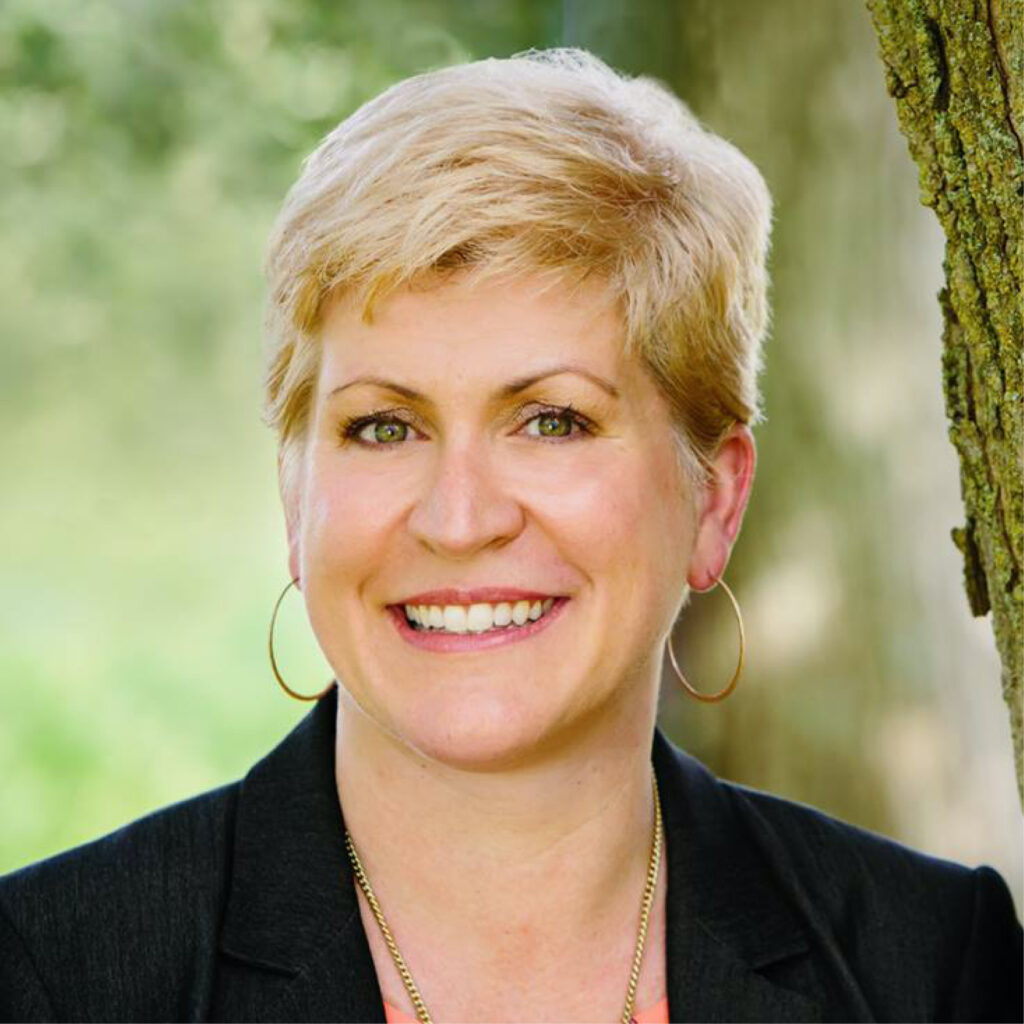Friends,
We are in the midst of Black History Month. At its best, this month is an opportunity to pause from our routines and to elevate – and to really see – the contributions of Black Americans.
Growing up in the Chicago suburbs in the eighties, I can tell you that it was not easy to learn about the experiences and achievements of this community. Black stories were hardly present in our school textbooks, there were few visible Black leaders in our institutions, and a paucity of Black role models in entertainment.
This was an element of structural racism that Black History Month could begin to chip away at.
With the 2020 murders of George Floyd, Ahmaud Arbery, Tony McDade, Breonna Taylor and so many others (after so many others, for so long before), the Black Lives Matter protests for racial justice demanded change in more meaningful, bolder ways. Inevitably, Black History Month feels different this year. More people became bolder in addressing white supremacy and in acknowledging the fact that racism is deeply embedded in American society: from our history, to economic and political structures, to daily interactions. Since last summer, even as we struggled with the pandemic, we found space for action, for education, and for protest. New commitments were made in the corporate world, in the nonprofit sector, and in politics.
Now, these months later, our challenge is to ensure that the commitments and goodwill expressed in the context of the 2020 Black Lives Matter protests are not something that happened – relegated to history, as a moment from 2020 – but rather that we continue to build on them to have a successful movement for racial equity. Now, is a time for follow-through.
To help address that challenge, especially for those of you in the DEI space, I want to share some lessons that I’ve drawn from my experience as an ally to the Black community, as a queer leader, and as a DEI professional:
First, I want to speak directly to those of you who, like me, are not Black. As allies we need to be able to do two things: We need to step back and elevate voices from the Black community, and we need to step forward to use our power and privilege to eradicate antiblackness and combat white supremacy. We can never let the question of when to step forward and when to step back paralyze us from acting. We absolutely have to be both. We cannot leave the burden on Black people.
Second, I facilitate a lot of conversations with DEI practitioners. Over the past months, I have heard some themes emerge about the challenges that they are facing. Employees, and in particular Black employees, are often skeptical. We hear them saying that my company “doesn’t really see me” or that my company “makes a big announcement, but they’re not really going to stick it out.” Companies need to ensure that the work that they do on racism is credible and incorporated into long term plans that are driven by leadership and resourced as a priority.
We have also heard about things that do work:
- Leaders need to model vulnerability and share their personal experiences. We can also encourage others to share their stories, but must recognize that allyship should not be contingent on others being willing to open up. It is the responsibility of leaders to ensure everyone feels safe in the workplace.
- Companies need to match their actions with their expressed values. It matters when you invest dollars to build equity for your employees and the community.
- Make sure that your policies and practices are inclusive, and that you’re doing that at a global level.
- It is good to do inclusion work and elevate the voices of senior leaders. It is better to do inclusion work at all levels, including among those who are junior.
These lessons were raised in the Premier Panel Black Lives Matter conversation we hosted at last year’s Workplace Summit. If you were not able to be there, please take the time to watch it. And if you did see it at Summit, this is a great time to watch it again or share with colleagues. The wisdom from that conversation has more to teach us all.
Thank you for your work. We all know that there are no quick fixes. But if there’s anything that the LGBTQ movement knows to do, it’s how to roll up our collective sleeves to dismantle systemic problems. All of us need to show up for racial equity. Now is the time for unprecedented, creative, bold and intersectional allyship.
Out & Equal is not going anywhere. We are committed to doing the work necessary to end white supremacy over the long haul. A part of our efforts will come through new leadership programs. Other efforts will be inspired by what we hear from you. Please take the time to share with us your insights on the challenges that you’re facing, on the successes you’ve had, and on the emerging needs you see. Email us at stories@outandequal.org.

Erin Uritus
CEO
Out & Equal Workplace Advocates